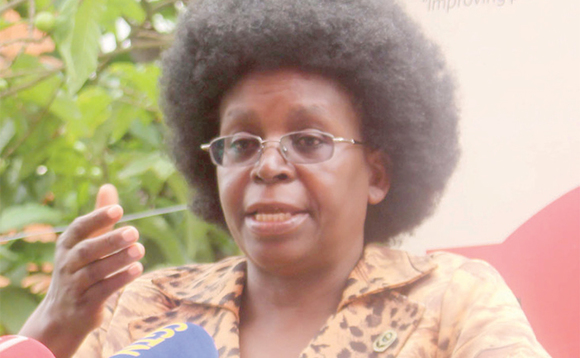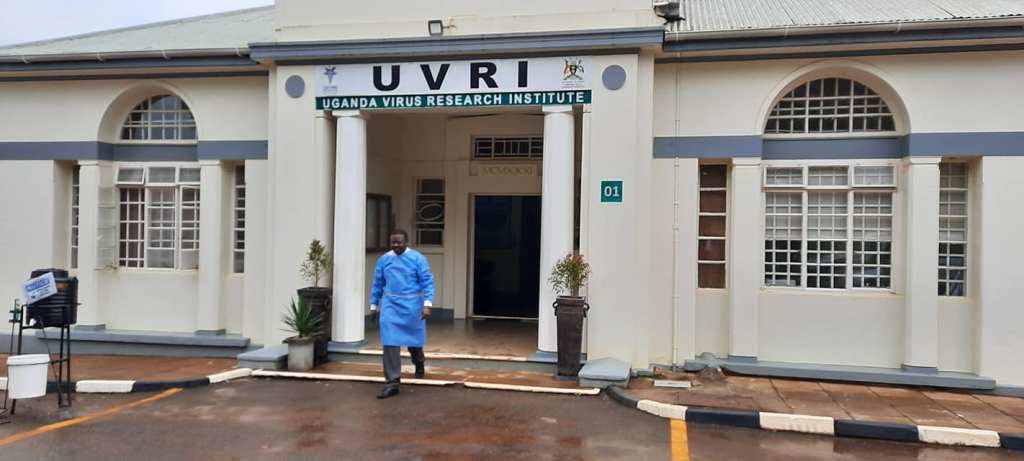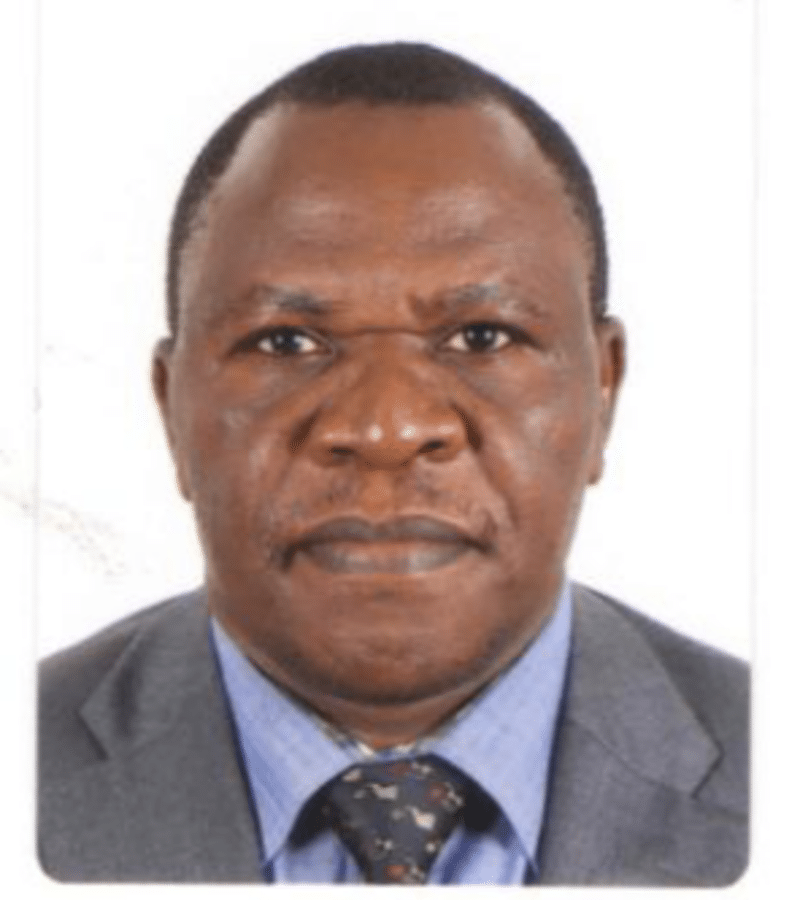President Yoweri Museveni’s fervent remarks that Ugandan scientists could be leading the race to develop a Covid-19 vaccine got many people excited but also raised important questions. Top scientists in the country have expressed doubt on whether there was any truth in what the president promised. There is, they argue, no one currently developing a Covid-19 vaccine in the country. Uganda, the experts say, evidently lacks the requisite technical capacity and infrastructure to execute the ambitious plan.
In his address to the nation on April 18, Mr. Museveni stated, “Our scientists are also doing wonderful things. They are working on the vaccine. The ones in Entebbe have understood the virus’ structure and some of them are developing materials to use like diagnostic materials. They are doing very well”.
On June 22, the 76 year old leader since 1986 laid another layer of emphasis, “Even this coronavirus, we can get this medicine even before Europeans get it. I am very hopeful on the front of the vaccine and treatment”.
Dr Monica Musenero is the senior presidential advisor on epidemics who was directed by the president to coordinate the vaccine development process among the country’s scientists. She had also claimed in June that four vaccine candidates were lined up.
Four months since those claims were made, there has been no update from either the president or his technical team regarding the progress of the vaccine’s development.
The Uganda Virus Research Institute (UVRI) and Makerere University College of Veterinary Medicine, Animal Resources and Biosecurity (COVAB) were cited by the government as central in the vaccine’s development. However, both institutes say they are not involved, in contradiction with claims made by Dr Musenero.

“We have scientists from Makerere University, Mbarara University of Science and Technology, and Kampala International University, who have come on board, working together to develop a Covid-19 vaccine. Other research institutions like the Uganda Virus Research Institute (UVRI) and the Joint Clinical Research Centre (JCRC) are also involved,” she was quoted by the Daily Monitor last month.
According to sources, three other medics who are working closely with Dr. Musenero have convinced President Museveni that the vaccine can be produced in Uganda. These include; Dr. Grace Nambatya, Dr. Misaki Wayengera, Dr. Vinand Nantulya.
Prof. Denis Byarugaba, the lead scientist in coronavirus research at Makerere University College of Veterinary Medicine said the country doesn’t have the capacity to develop a Covid-19 vaccine.
“There is nobody in Uganda that I know who is working on a Covid-19 vaccine. I don’t think we have that capability in the country right now. Maybe some people are setting up the process or thinking of doing it. But right now, there is no one who is developing a vaccine,” he said.
Prof. Byarugaba says the plan to produce a vaccine is a misplaced priority and would be a severe wastage of limited national resources.
“We don’t have the resources, infrastructure and international competitiveness in the global vaccine production. In the industrialised world, there are huge industries for manufacturing vaccines but tell me if we have any in Uganda,” he said.
Prof. Byarugaba says the global competitive pricing would also put Uganda at significant disadvantage. “We have not even produced a single vaccine and we want to start at this point when all the established manufacturers are focusing on producing the vaccine. It is obvious that they will sell their vaccine at a cheaper price,” he added.
However, scientists in the country are working with a foreign vaccine developer, the Imperial College of London, to start clinical trials of the British vaccine in Uganda by December 2020. “We are into a collaboration to do a vaccine trial but not producing the vaccine,” stated Dr. Julius Lutwama, the deputy director of UVRI.
Other analysts also say the President’s claim was merely a political gimmick, or based on hollow claims by self-serving scientists that they can develop a vaccine.

Why Museveni wants vaccine developed locally
There have been debates across the continent about reliance on vaccines developed abroad. Although the president has not been clear on his stance, his trusted advisor, Dr. Musenero said the motive was to avoid dependence.
“You have to know that if the vaccine comes out, whoever is making it will just be looking for money. First of all, the countries that would have developed the vaccine will not give it out until they have enough,” she said.
“Whether they provide us or not, we will also develop ours. By the time Uganda gets adequate doses, it will be 2023 or 2024 but we might get a few doses. With a vaccine, you cannot do mass manufacturing of vaccines; if you do that, you may make mistakes. I believe we shall be in time. Once we hit some milestone, we shall come out,” she added.
The epidemiologist said Covid-19 has taught the country many lessons. It is high time, she contends, that the country stopped taking chances.
“Remember that at first, we were importing the personal protective equipment (PPEs), until a point when there was an outcry over shortage of the PPEs everywhere. That’s when we learnt that we could make them ourselves,” she said
Dr. Musenero admits there is still a challenge with infrastructure for Uganda to develop its own vaccine and also confesses that where necessary, the country may partner with foreign developers.
But what does it take to establish a vaccine production facility?
Dr. Maxwel Otim, the Director of Research and Innovation at the Ministry of Health observes that laboratories with high levels of security should be established. The security ensures that the viruses used to produce the vaccine do not escape and spread to people. There should also be well designated places where animals such as guinea pigs are kept in a pathogen-free environment.
To establish such facility, according to a study titled, ‘Vaccine Production in Africa’ by Italy’s University of Siena, the country would have to dig deep into its coffers and spend hundreds of millions of dollars in the production of the vaccine.
Depending on the volume and type of the vaccine to be produced, that study found, the total cost for an ideal vaccine manufacturing facility would be about USD 344 Million (Shs1.3 trillion).
“This could be reduced to about USD 280 Million (Shs1.02 trillion), not considering over capacity and future expansions. The manufacturing facility with the lowest capacity cost about USD 70 Million (Shs257 billion) and has a production capacity of 21 million doses per year,” reads the report.
Uganda needs at least 42 million doses for its population and that means the simplest manufacturing facility won’t work for Uganda.
“These cost estimates do not include the costs involved in production or Process Qualification (PQ) and validation activities. Usually, at least 3–5 product batches will be produced during PQ and validation. There are significant costs involved but, ideally, these batches can later be sold,” the report further reads.
These production costs, according to the report include special additives called adjuvant and special machines needed to undertake the complicated processes.
“The largest contributor to packaging costs is the primary packaging material which can be a vial or syringe. The syringe can cost up to USD 1 (Shs. 3,600) per vial. Caps typically cost USD 0.5 (Shs1800) per unit,” further reads the report.
Human resource
Dr. Byarugaba asserts that vaccine manufacturing involves basic processes that scientists in the country can do but do not have the excellence required to deliver a safe vaccine. The African Union Chairperson, President Cyril Ramaphosa of South Africa has, however, been stressing the need for developing a Covid-19 vaccine in Africa by African scientists.
“Through this meeting, which brings together African leaders, experts and other key stakeholders, we should produce a roadmap that involves efforts by Africans to produce the vaccines that are effective, safe and affordable,” President Ramaphosa said last month while addressing African leaders in the online conference.
But is there some work in Uganda?
“We are not giving many details about the progress in vaccine development for a strategic reason. We are doing our best here. We know Covid-19 started in their countries early and so they are ahead of us; we shall also reach there,” Dr. Musenero says. She also claims that some special equipment for vaccine development were being imported but that the disruption caused by Covid-19 was delaying the delivery of the equipment.
But Dr. Maxwell Otim Onapa, the Director of Science, Research and Innovation at Uganda’s Ministry of Science, Technology and Innovation (MOSTI), said the vaccine candidate that was proposed by the scientists uses a molecular approach. He says the approach is costly, takes time and requires very sophisticated equipment to execute.
“They [scientists] are proposing a molecular approach. That means you identify a molecule on the virus that stimulates the body to produce a defence mechanism and you sit in the lab and generate subunits [vaccine] of the virus,” he told Vox Populi.
“That subunit is used to stimulate the body to generate the soldiers or the antibodies that fight the virus. The antibodies sit in specific sites in the body that block the virus from entering the body to cause infection,” he added.
Dr. Onapa notes that after creating that subunit, the Ugandan scientists will have to follow the long process of first testing on animals and if it works, the scientists will progress to the next stage. The director explained that it is from this point that one graduates and tests it on humans.

“After you have proven that it works effectively and is not killing the animals, the human trial starts with very few people at stage one. If it works, then you add a few more people and that will be the second phase of the clinical trial,” he said.
“After that, you progress to the third phase which has a large number of people in thousands and in the fourth phase you do a mass trial. Once you reach that stage, then you can roll it out,” he said.
The vaccine development and approval processes usually take between five to ten years but with countries seeking an emergency remedy against Covid-19, the process has been accelerated.
The United Kingdom and the United States of America are hoping to approve a vaccine next year at the latest. This month, Russia became the first country in the world to approve a vaccine for Covid 19 though the move has been met with skepticism in some quarters.
Money for vaccine development
Dr. Musenero, who is coordinating the drive, declined to reveal how much money the government has earmarked for the vaccine development. Although innovations like Covid-19 vaccine fall under Ministry of Science, Technology and Innovations, Dr. Otim, the Director of Innovations, described the process as a rolling cost. He also didn’t say how much the ministry had put aside.
“It is going to be very difficult to quantify what they [scientists] need to develop the vaccine. There are many things they need. They need efficient laboratories with everything such as equipment, biosecurity, reagents and human resource,” he said, adding that the scientists need animals for trials. The process is long and costly.
“They need animals, the guinea pigs that are used in vaccine research. They should be kept in a very safe environment, pathogen-free. The cost of developing a vaccine is very high, it is a rolling cost that comes as more things happen,” he added.
Inside the push to work with foreign developers
Like Uganda and the UK’s Imperial College of London, other African countries are also partnering with foreign developers. South Africa is partnering with Oxford University to test the institution’s vaccine locally. The World Health Organisation (WHO) is one of the organisations pushing African countries to partner with foreign developers for a vaccine trial. Dr. Matshidiso Moeti, WHO Regional Director for Africa, said partnerships in the trials are in the best interest of the African people.
“I encourage more countries in the region to join these trials so that the contexts and the immune response of populations in Africa are factored into studies,” Dr. Moeti said in a press conference last month.
However, she also believes African scientists can contribute significantly to the search for a vaccine.
“Africa has the scientific expertise to contribute widely to the search for an effective COVID-19 vaccine. Indeed, our researchers have helped develop vaccines which provide protection against communicable diseases such as meningitis, Ebola, yellow fever and a number of other common health threats in the region,” she added.
In an earlier article published in September by Vox Populi on the management and impact of the Covid-19 lockdown in Uganda by Prof. Anthony Mbonye, the former Director General of Health Services in the health ministry roundly dismissed both the president and his experts’ claims of Uganda ‘surprising the world with a vaccine’ soon.
Mbonye argued, “The scientific team has claimed and convinced the President of Uganda, who has subsequently announced to the nation that Uganda will soon surprise the world with a vaccine, a new drug to treat COVID-19 and diagnostic tests. The team of scientists have accordingly been allocated billions of shillings. Anyone who knows the infrastructure and scientific excellence that is required of vaccine and drug development would simply know that this was a hoax aimed at siphoning money under the pretext of fighting COVID-19.”
As to who between the skeptics and the optimists will be proven right is a matter best left to time to judge. Whether the president was sold and bought hot air by the scientists in a bid to siphon tax payers’ money, as Mbonye claims, is also a matter we shall leave to time.


